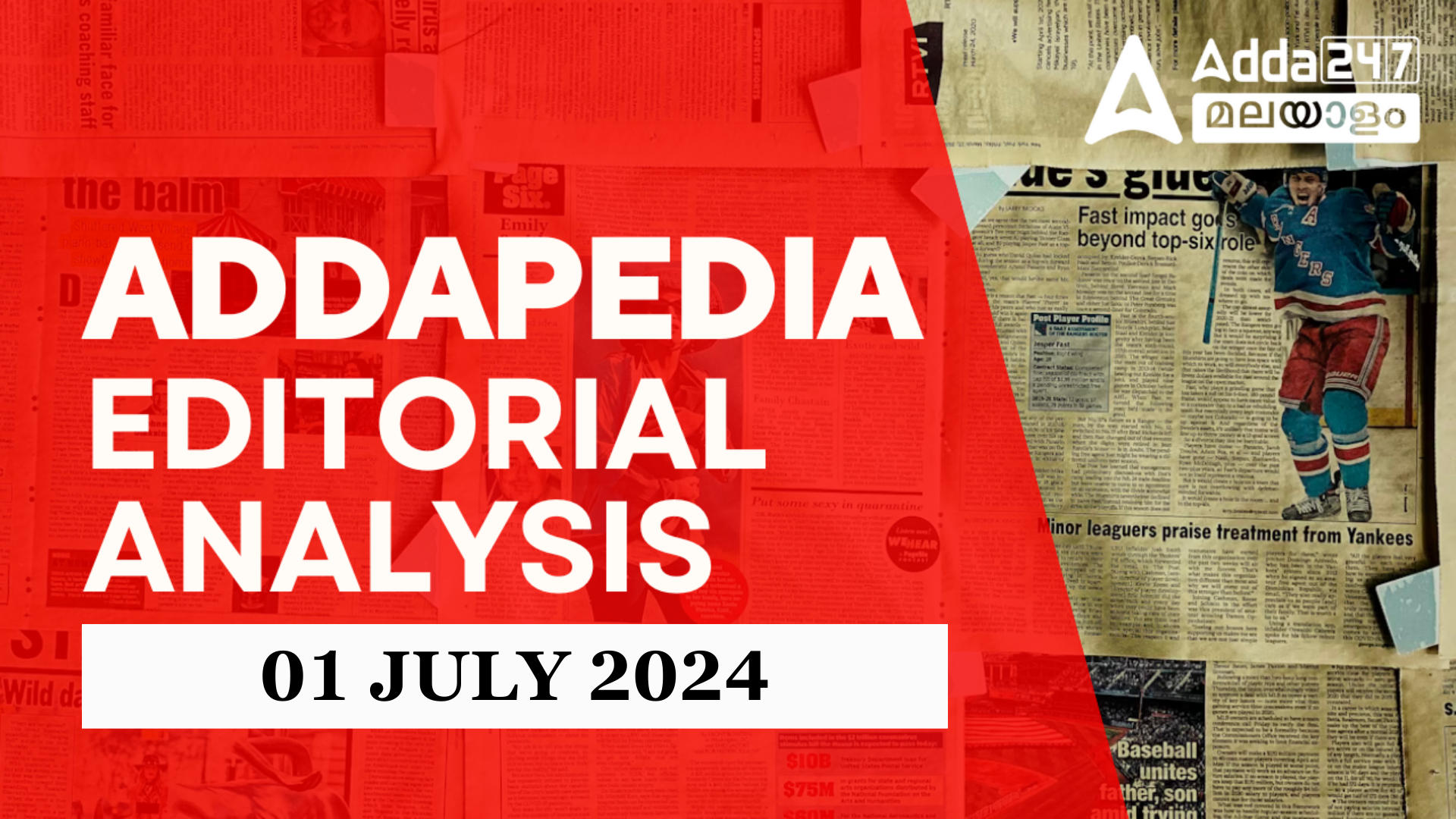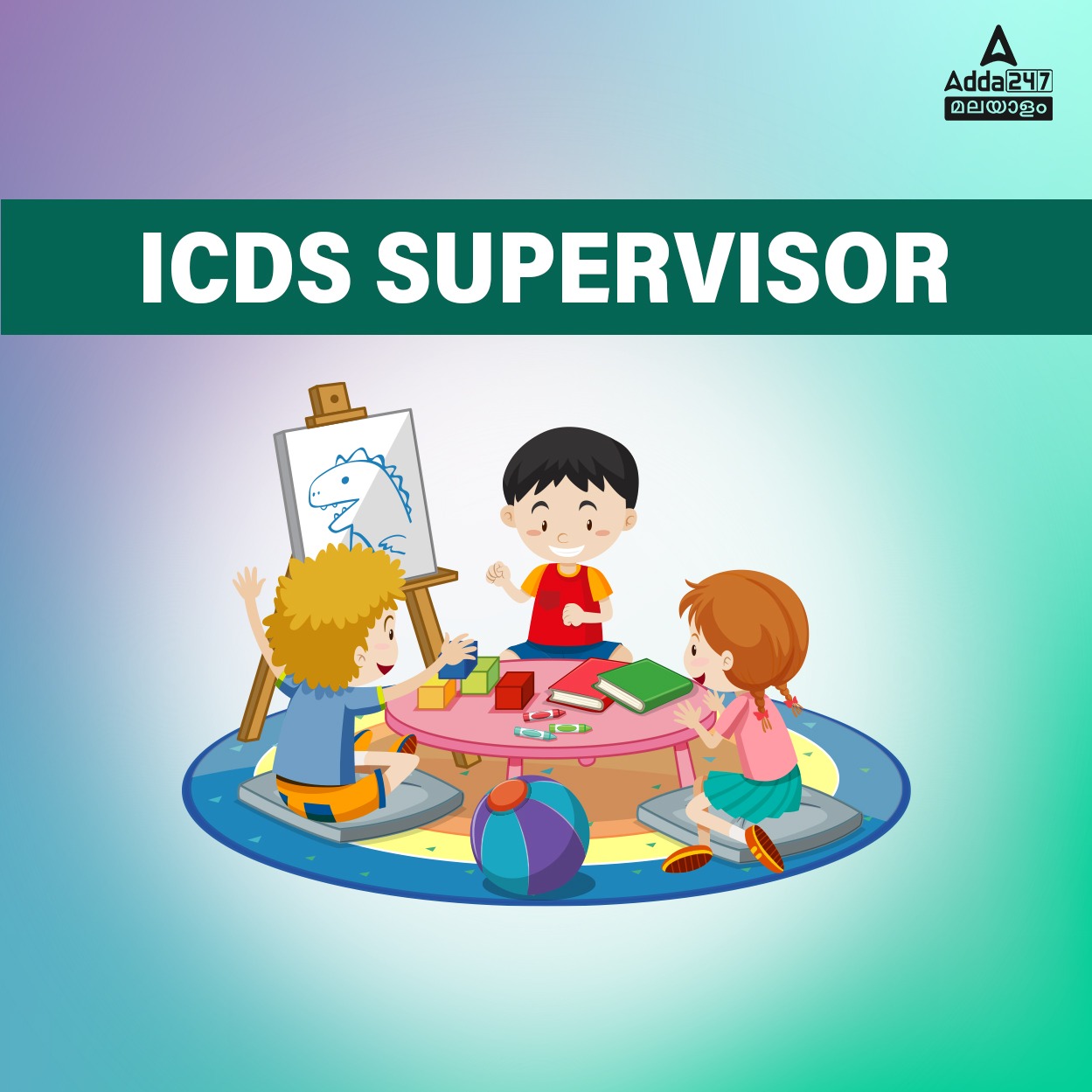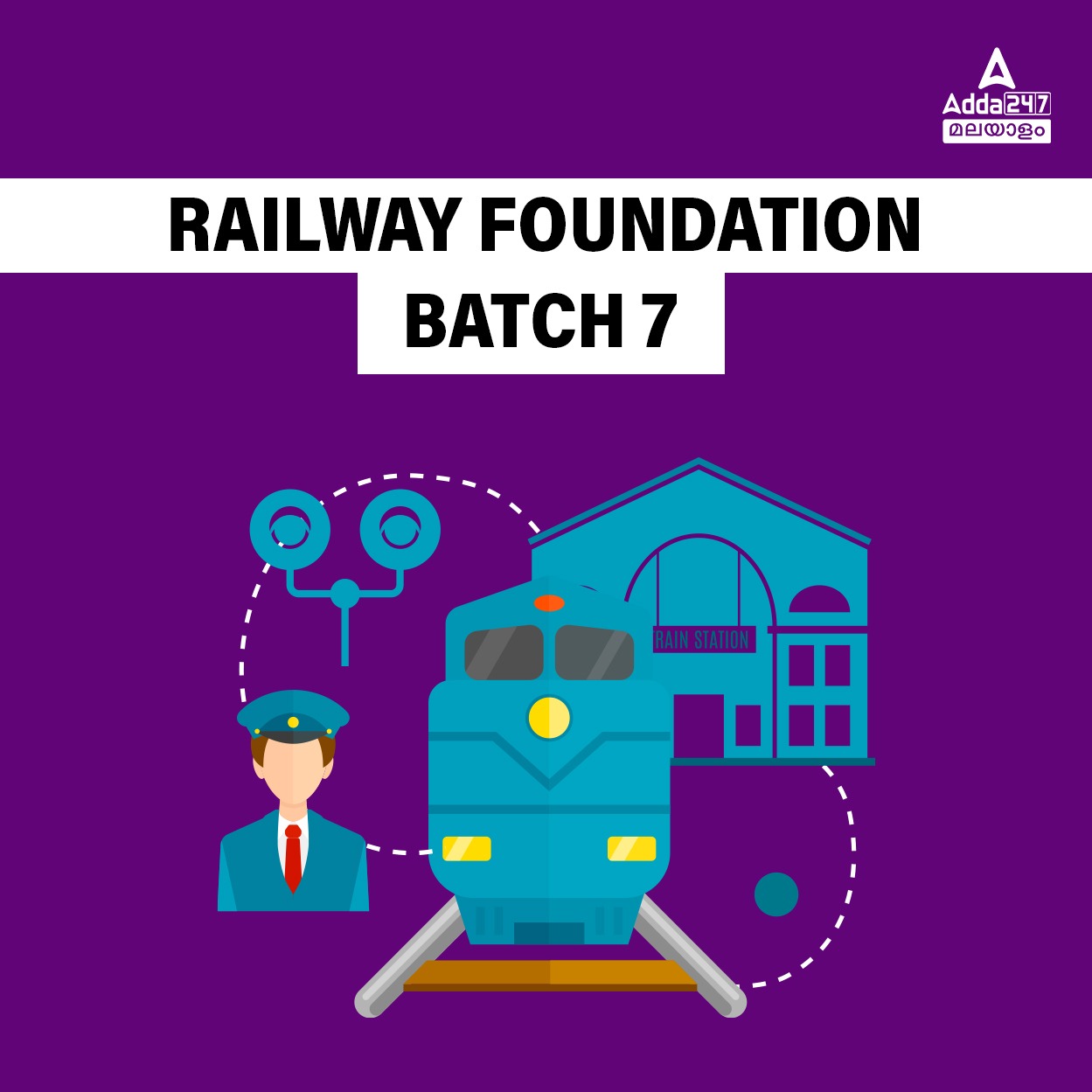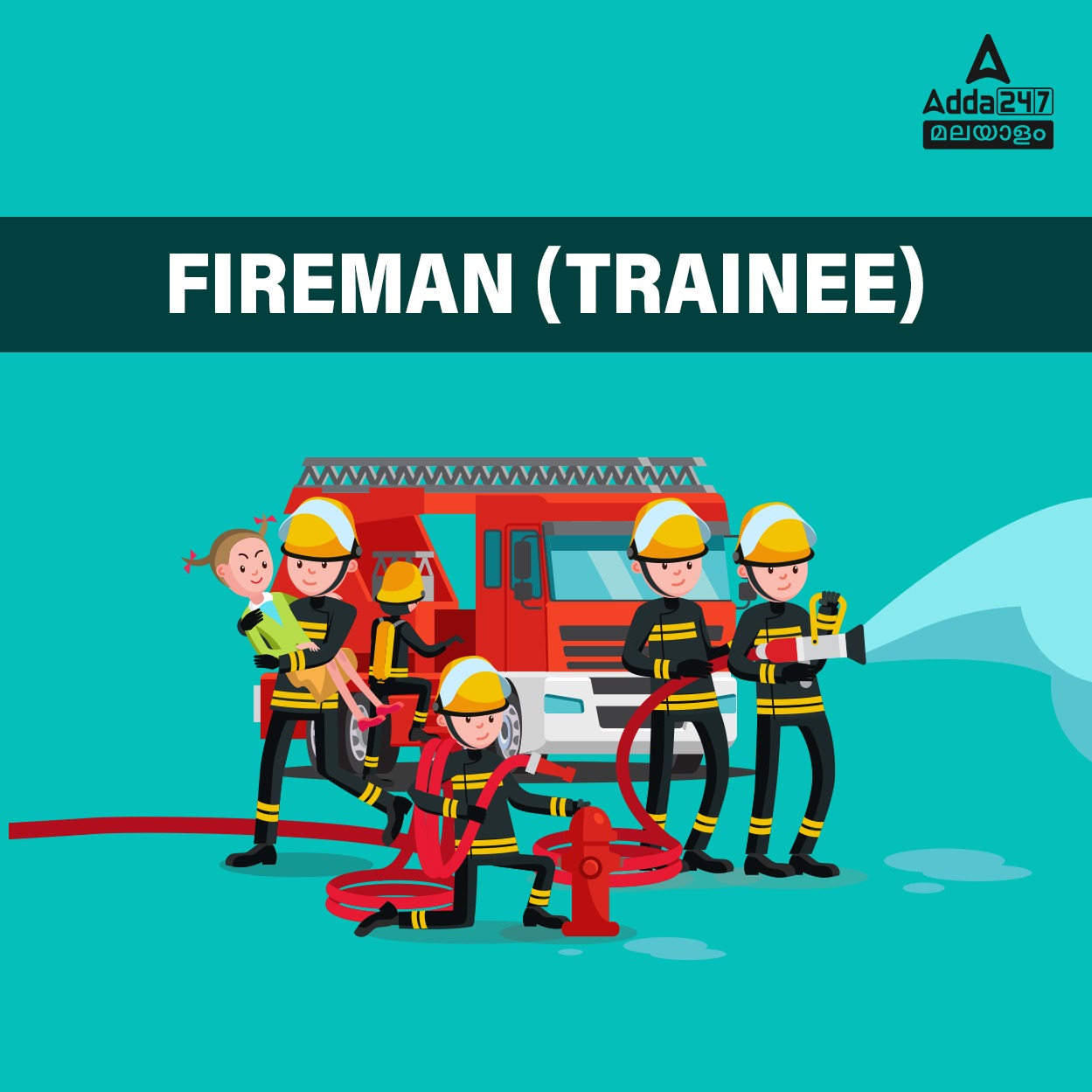Table of Contents
Addapedia Editorial Analysis: Daily News Editorial Analysis 01 July 2024
Addapedia Editorial Daily News , 01 July 2024: In this Addapedia Editorial Analysis, We cover Important News Editorials from Newspapers and provide you with detailed analysis. This ADDAPEDIA Editorial Analysis will help you in understanding the National and International events Current affairs and the background of a particular topic. This comprehensive News analysis will help you in Clearing CA and Interview for many exams.
Editorials usually cover a particular topic that might be National, State or any International event which is most important to acquire brief knowledge about the event. Editorials are written by Famous news analysts, Politicians, Business analysts, Civil Servants or a person who has immense knowledge in that particular field. Knowing Editorials will not only understand the geo-political relations but also how to write and describe any particular issue which helps especially in PSC, SSC and Banks Exams.
Should education be brought back to the State list?
The NEET-UG exam has been embroiled in controversies over the award of grace marks, allegation of paper leaks and other irregularities. The government also cancelled the UGC-NET exam after it was held, while the CSIR-NET and NEET-PG exams have been postponed.
All these have raised concerns over federal character of the Education itself.
What is the historical background?
- The Government of India Act, 1935 during the British rule created a federal structure for the first time in our polity.
- Education which is an important public good was kept under the provincial list and it continued after independence also.
- However, during the Emergency, the Congress party constituted the Swaran Singh Committee to provide recommendations for amendments to the Constitution. One of the recommendations of this committee was to place ‘education’ in the concurrent list in order to evolve all-India policies on the subject.
- This was implemented through the 42nd constitutional amendment (1976) by shifting ‘education’ from the State list to the concurrent list.
- There was no detailed rationale that was provided for this switch and the amendment was ratified by various States without adequate debate.
- The Janata Party government led by Morarji Desai that came to power after Emergency passed the 44th constitutional amendment (1978) to reverse many of the controversial changes made through the 42nd amendment.
- One of these amendments that was passed in the Lok Sabha but not in the Rajya Sabha was to bring back ‘education’ to the State list.
- In USA, Canada and Germany, education is under states/provincial list with Federal governments overseeing financial aids and ensuring equal accesss.
What are pros and cons of having Education under State List?
- Pros of having education under the state list
- Regional customization: States can tailor education policies to local needs and culture. Also, Language of instruction can better reflect regional languages
- Faster decision-making: Less bureaucracy without central government involvement
- Better accountability: Closer connection between education officials and the community where Parents can more easily engage with local school boards
- Expenditure borne by States: Out of the total revenue expenditure by education departments in India estimated at ₹6.25 lakh crore (2020-21), 15% is spent by the Centre while 85% is spent by the States. In this context, it is natural for states to have control over it.
- Competition and Innovation: States can experiment with different approaches. Example: Finland’s successful education reforms at the local level.
- Cons of having education under the state list
- Inconsistent standards: Potential for varying quality of education across states. Example: Disparities in high school graduation requirements
- Limited national coordination: Challenges in implementing country-wide educational initiatives. Example: Difficulty in creating a unified national curriculum
- Resource disparities: Wealthier states may provide better educational resources.
- Mobility issues: Students moving between states may face adjustment challenges Example: Credits or qualifications not being recognized across state lines
- Narrow perspective: Risk of education becoming too localized, lacking broader national or global context. Example: History curricula focusing too heavily on state-specific events
- Political influence: State-level politics could more directly impact education policies Example: Frequent changes in curricula with changes in state government
- Limited Economies of Scale: Example: Higher costs for textbook development when not standardized nationally
What can be the way forward?
- National Standards with State Flexibility:
- Establish core national standards for key subjects
- Allow states to add regional components Example: Common Core State Standards Initiative in the US
- Collaborative Policy Making:
- Create a national education council with state representatives
- Ensure states have a voice in national education policies Example: Australia’s Education Council
- Funding Mechanisms:
- Implement a mix of federal and state funding
- Use federal grants to incentivize state-level innovations Example: Race to the Top program in the US
- Teacher Training and Development:
- Establish national standards for teacher qualifications
- Allow states to add specialized training programs Example: Finland’s approach to teacher education
Can you answer the following question?
Discuss the challenges and opportunities of moving education from the Concurrent List to the State List in India. Suggest measures to ensure quality and equity in such a scenario.
Importance of Whistleblowing in a Democracy
Julian Assange had leaked over 7,00,000 classified documents and videos linked to alleged US war crimes. For his whistleblowing and alleged role in breaching US security, Assange faced 18 charges and a maximum of 175 years in prison.
In June 2024, he reached a plea deal with the US Justice Department. This deal brought an end to his long legal battle and allowed him to be freed from prison.
What is Whistleblowing?
- Whistleblowing refers to the act of exposing information about illegal, unethical, or inappropriate activities within an organization, typically by an insider or employee.
- This information is often confidential and may reveal significant risks to public health and safety, financial impropriety, or violations of laws and regulations.
- Whistleblowers can report through internal channels within their organization (e.g., to a supervisor or ethics hotline) or externally to authorities or the media.
- Famous Examples include Edward Snowden (NSA surveillance), Jeffrey Wigand (tobacco industry), Sherron Watkins (Enron scandal)
What is the role of whistleblowing in a Democracy?
- Transparency and Accountability:
- Exposes hidden misconduct in government and private sectors
- Helps hold power to account & Prevent misappropriation of assets
- Example: Pentagon Papers revealing US involvement in Vietnam War
- Upholding Democratic Values:
- Supports freedom of speech and right to information
- Strengthens checks and balances Example: Watergate scandal in USA leading to presidential resignation
- Public Interest Protection:
- Reveals threats to public health, safety, or financial well-being and aids in preventing or mitigating harm to society
- Example: Whistleblowing on pharmaceutical companies’ unethical practices
- Informed Citizenry:
- Provides citizens with information to make informed decisions on important issues.
- Example: Cambridge Analytica whistleblower revealing data misuse in elections
- Policy Improvement & Good Governance:
- Identifies flaws in existing systems or policies
- Catalyzes reforms and policy changes Example: Whistleblowing leading to improved financial regulations post-2008 crisis
What are the challenges with Whistleblowing?
- Balancing national security with transparency especially when there is a public disclosure of sensitive information
- Protecting whistleblowers from retaliation from employer or govt.
- Some argue that whistleblowers violate their duty of loyalty and confidentiality to their employers by disclosing sensitive information.
- There’s a concern that whistleblowing could be used for personal gain or to settle scores, rather than for genuine concerns about wrongdoing
- It is seen as disrupting organizational hierarchy.
- Some argue that it is ineffective in achieving real change, as investigations can be slow, and wrongdoers may not be held accountable.
Can you answer this questions?
Is whistleblowing always justified, even if it could potentially destabilize an organization?
How can we teach empathy and ethical decision-making to prevent wrongdoing in the first place, potentially reducing the need for whistleblowing?
Addapedia Editorial Analysis 01 July 2024 PDF Download Link
കേരളത്തിലെ എല്ലാ മത്സര പരീക്ഷകൾക്കും ഓൺലൈൻ ക്ലാസുകൾ, വീഡിയോ കോഴ്സുകൾ, ടെസ്റ്റ് സീരീസ്, പുസ്തകങ്ങൾ, മറ്റ് പഠന സാമഗ്രികൾ എന്നിവ ചുവടെ നൽകിയിരിക്കുന്ന ലിങ്കിൽ ക്ലിക്കുചെയ്ത് കണ്ടെത്താനാകും.
***വരാനിരിക്കുന്ന പരീക്ഷകളിൽ വിജയിക്കാൻ ഞങ്ങളോടൊപ്പം ചേരുക***
*ലക്ഷ്യത്തിലേക്കുള്ള ആദ്യ ചുവടുവെപ്പ് | ADDA247 മലയാളത്തിൽ പരിശീലനം ആരംഭിക്കൂ*
Adda247 Malayalam Youtube Channel |
Telegram group:- KPSC Sure Shot Selection











